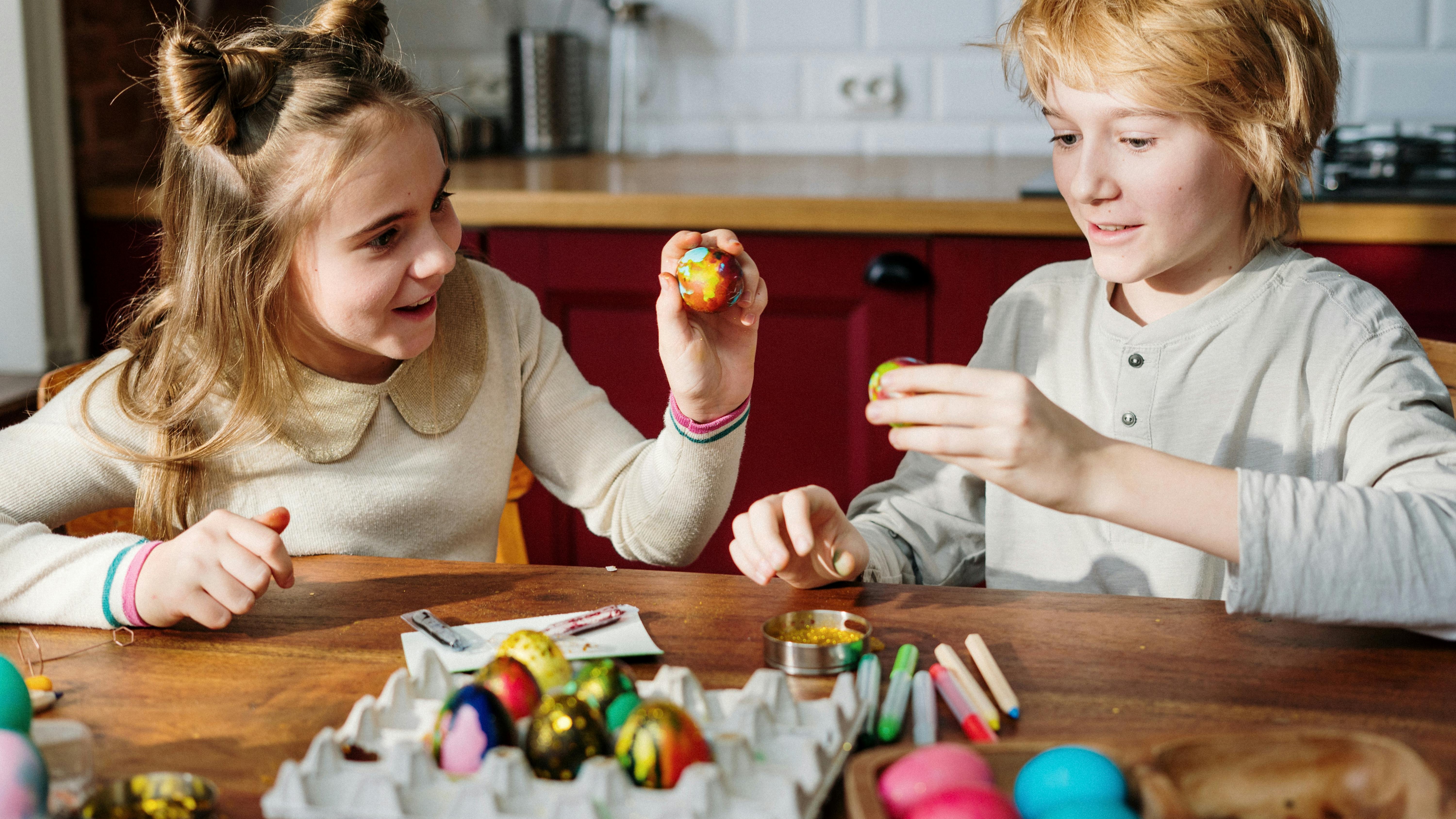
A New Approach to Sibling Identity in Parenting
Ashley Graham, the renowned model and mother of twins, has recently revealed a unique parenting decision: she won’t specify to her twins who was born first. This unconventional choice is more than just a quirky family dynamic; it reflects a growing understanding of the importance of sibling equality and individual identity in early child development.
Why the Order Matters—Or Does It?
Many parents often think that birth order can significantly impact personality and social dynamics. Traditional beliefs suggest that first-borns are natural leaders, while younger siblings may adopt more laid-back roles. However, new research indicates that personal identity and sibling relationships are more complex than simply ranking by birth. Graham’s decision illustrates a more modern parenting philosophy that values each child’s individuality over their order of arrival, fostering a sense of equality that can help them feel more secure and valued in their relationship.
Benefits of Equal Treatment
Creating an environment where neither twin feels more favored may enhance their sibling bond and overall development. Psychologists suggest that when children feel equally loved and valued, they are less likely to develop competitiveness or resentment toward one another. This approach not only contributes to emotional wellness but can also shape positive social skills as they learn to support each other rather than seeing one another as rivals.
Lessons for Parents
As parents navigate the complexities of raising multiple children, adopting unconventional methods such as Graham's might be beneficial. Focusing on individual interests and treating both children equally can create a harmonious family atmosphere, which is essential for emotional health. This awareness also assists blended families in managing routines that encourage mutual respect among siblings, enhancing family dynamics overall.
By considering practical tips like equal attention during activities and celebrating each child’s milestones, parents can foster an environment that promotes cooperation and pride within the family unit.
Conclusion: Embrace Modern Parenting
As we learn from Ashley Graham's unique approach, parenting is highly adaptable. By prioritizing each child's identity and wellness, parents can cultivate a nurturing environment that transcends traditional views of sibling hierarchies. This is a valuable lesson for all parents, educators, and caregivers who play significant roles in a child’s development. Let’s embrace these practices for a holistic approach to modern parenting and child development.
 Add Row
Add Row  Add
Add 




Write A Comment